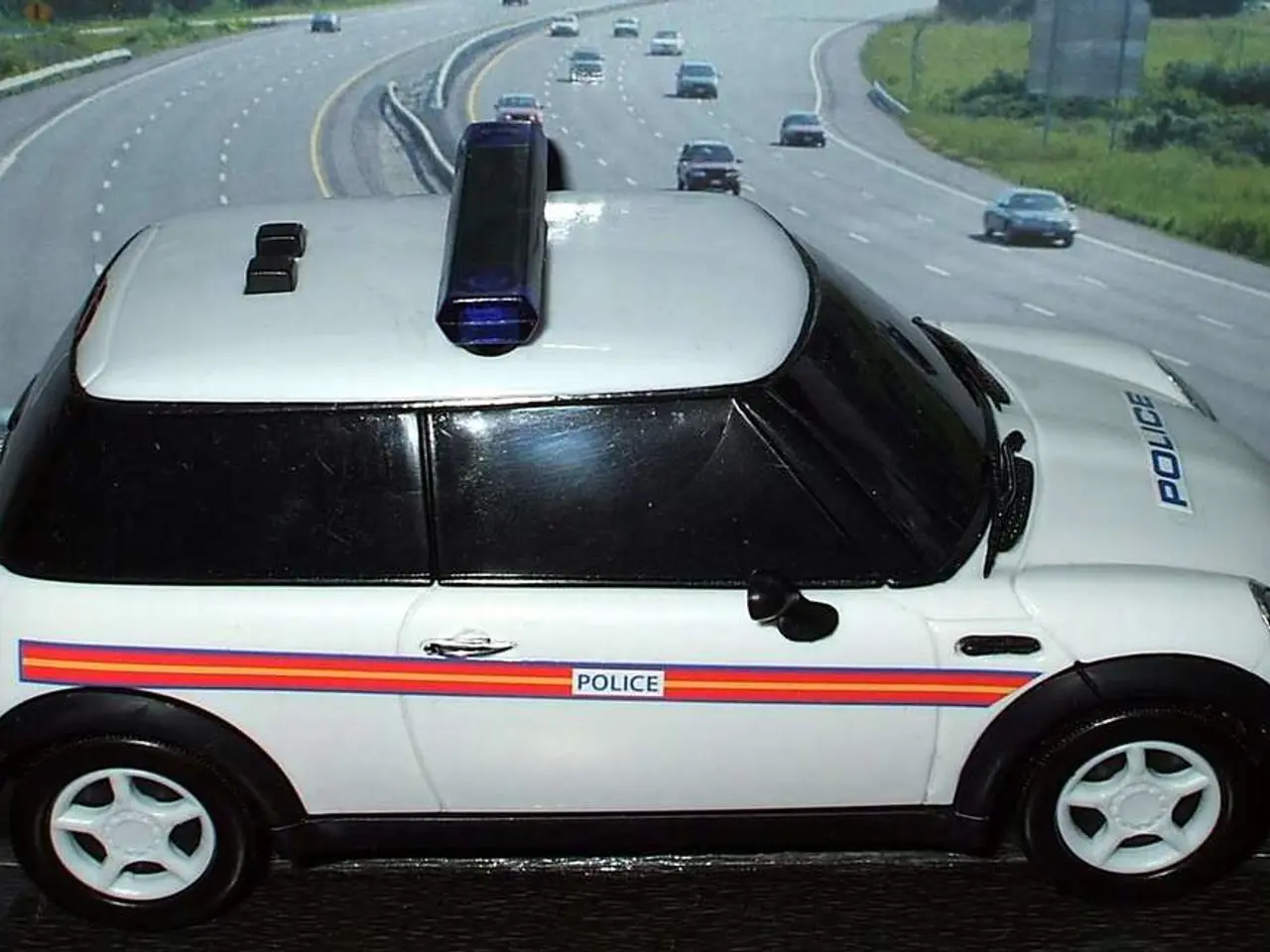Trump threatens to deploy troops to Chicago, sparking local resistance movement
In a series of developments across the United States, tensions have risen over the potential deployment of troops in several cities.
Sen. Marsha Blackburn (R-Tennessee) has stated that citizens feel safer with enforcement and a visible presence, while President Trump has suggested expanding the use of troops in cities to stop crime and bolster a crackdown on undocumented immigrants. However, these proposals have sparked controversy and resistance from local leaders.
In Chicago, Governor J.B. Pritzker and Mayor Brandon Johnson have announced their intention to prevent the White House from deploying the National Guard in Chicago. Pritzker has labelled the plan illegal and unconstitutional, while Johnson has warned it could escalate tensions. In response, Johnson signed an executive order instructing police not to cooperate with troops or federal agents in the event of a deployment.
The city of Chicago has seen a 23 percent decline in violent crime compared with the same period last year, according to Chicago Police Department figures. This contrasts with the more conciliatory approach of Mayor Muriel E. Bowser (D) in D.C., where the National Guard was deployed earlier this month.
The Pentagon has reportedly been planning a military deployment in Chicago for weeks, a model that could be used for other cities. However, the legality of federal agents' tactics during deployments is being questioned by judges, and state and local leaders have criticized the plan as unlawful and unnecessary.
Trump has also threatened to deploy troops in Baltimore, causing a feud with Maryland Gov. Wes Moore (D). Chicago Mayor Brandon Johnson has stated that the city does not want an unconstitutional and illegal military occupation of their city.
Immigration and Customs Enforcement has requested to use a Navy base north of Chicago as its launchpad for a crackdown on undocumented immigrants. Homeland Security Secretary Kristi L. Noem has encouraged major cities, including San Francisco, Boston, and Chicago, to work with the federal government to improve public safety.
However, Republicans have expressed support for President Donald Trump's move to deploy the National Guard in D.C., with some stating that it was a success and should be replicated elsewhere. Grand juries in Washington and L.A. have refused to indict some individuals for alleged crimes, and the legality of these decisions is also being questioned.
In a bid to prevent potential abuses, Chicago's executive order also directs police to use body cameras, not wear masks, and launch a program to educate residents on how to prepare for potential detention by federal agents. The city's approach underscores the ongoing debate about the role of the military in domestic law enforcement and the balance between security and civil liberties.
Read also:
- Lu Shiow-yen's Challenging Position as Chair of the Chinese Nationalist Party (KMT) Under Scrutiny in Donovan's Analysis
- House Representation Originally Meant to Be Close to the People; Redistricting Risks Undermining This Connection
- Thai electorate supports business magnate from Generation X as prospective Prime Minister
- Fixing a crucial aspect in Apple's Studio Display stands to improve the experience for both gamers and creative professionals alike.








